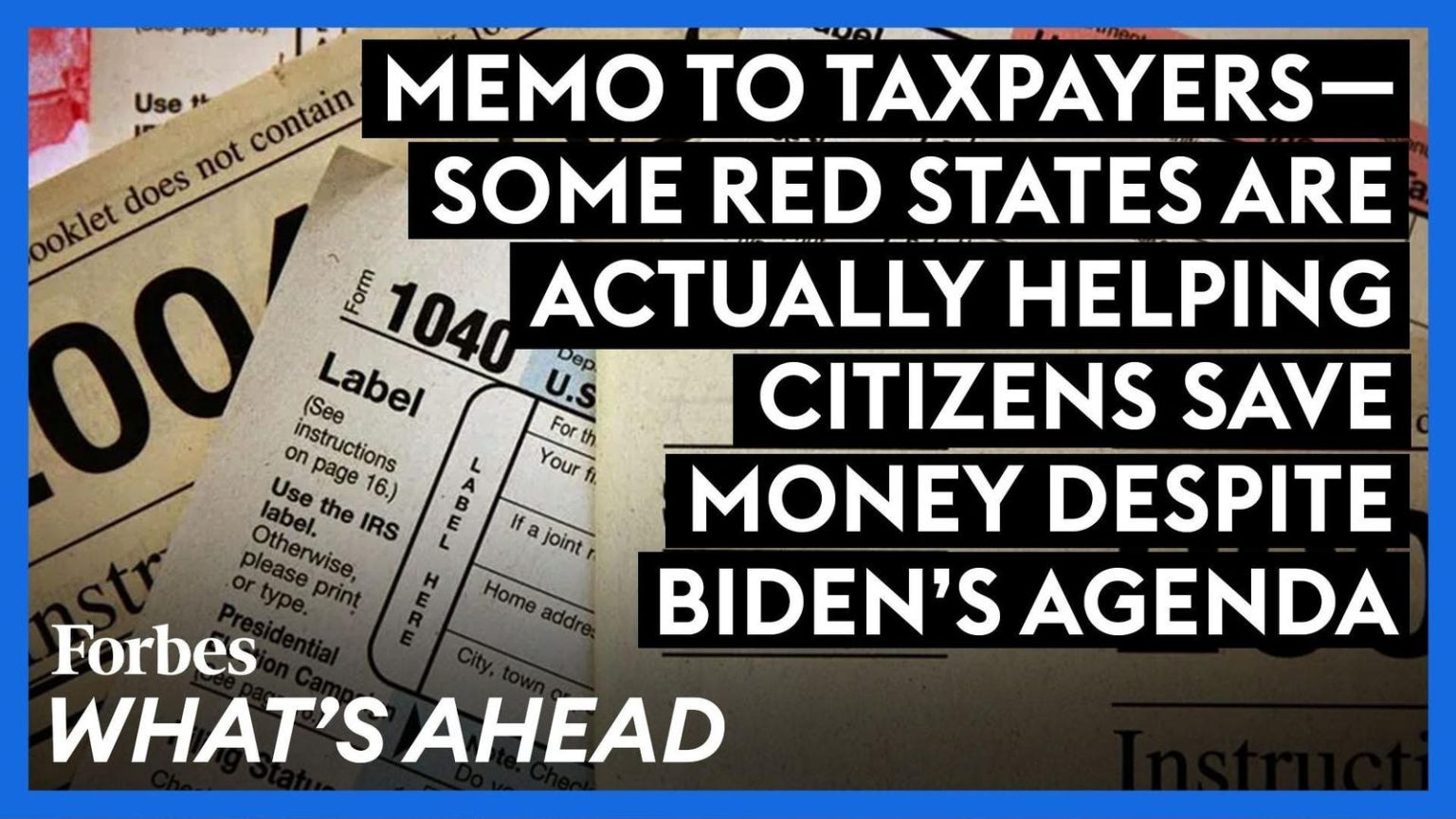In a recent episode of What’s Ahead, it was highlighted that economically successful states are reducing tax burdens, while high-tax states like California, New York, Illinois, and New Jersey are losing residents. President Joe Biden and his team have been vocal about enacting new levies if they win in November, but the trend in low-tax states is gaining popularity among voters.
The GOP is being urged to make tax reduction a major campaign issue, especially with the contrasting approaches of states in terms of taxes. This issue also challenges Biden’s claim that he won’t touch taxpayers making less than $400,000 a year, as it is evident that tax burdens have already been increasing under his administration.
As the population in low-tax states continues to grow, the trend of residents moving away from high-tax states is evident. This indicates that taxpayers are seeking friendlier tax climates, which is contributing to the economic success of certain states compared to others.
Biden and his administration have consistently emphasized their plans to increase taxes, particularly on businesses. However, the success of low-tax states in attracting residents and businesses highlights the importance of considering tax reduction strategies to drive economic growth and retain taxpayers.
The impact of tax policies on population movement and economic success is a key factor to consider in the upcoming election. Voters are increasingly showing support for states with lower tax burdens, which could influence the outcome of the election and shape future tax policies at the federal and state levels.
Overall, the debate on tax reduction and its implications for economic growth and population movement is set to be a key issue in the upcoming election. By analyzing the trends in tax policies and their impact on states’ success, voters and policymakers can make informed decisions on the direction of tax reforms in the future.


